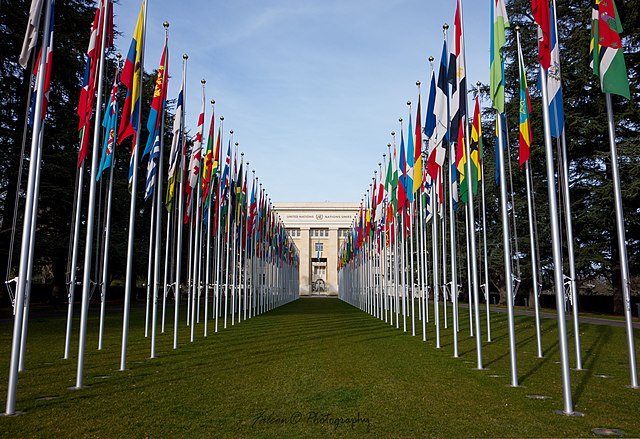
As a comprehensive introduction, this course explores the major concepts, issues and institutions of the process of politics and various methodologies used in understanding the political world. Taking a comparative approach, this course studies the traditional components of politics as well as contemporary issues such as transitional politics, terror and politics, ethnic nationalism, and religion and politics.
Students will be introduced to the fundamental concepts, institutions, issues, and ideas in the study of politics. The course will take a comparative approach to discuss traditional components of politics, contemporary issues, political regimes, power relations, political actors, the process of governing and public policy, and other related themes.
Politics are a part of all our daily lives in many different forms and at many different levels. In this course, we will engage with this impact and explore how we can analyze these impacts and the underlying structures behind them. Students will be encouraged to think critically about how political institutions, systems, histories, and cultures affect their daily lives and what impact they have on them in return.
Students will be introduced to the fundamental concepts, institutions, issues, and ideas in the study of politics. The course will take a comparative approach to discuss traditional components of politics, contemporary issues, political regimes, power relations, political actors, the process of governing and public policy, and other related themes.
Politics are a part of all our daily lives in many different forms and at many different levels. In this course, we will engage with this impact and explore how we can analyze these impacts and the underlying structures behind them. Students will be encouraged to think critically about how political institutions, systems, histories, and cultures affect their daily lives and what impact they have on them in return.
- Instructor: John Ward
